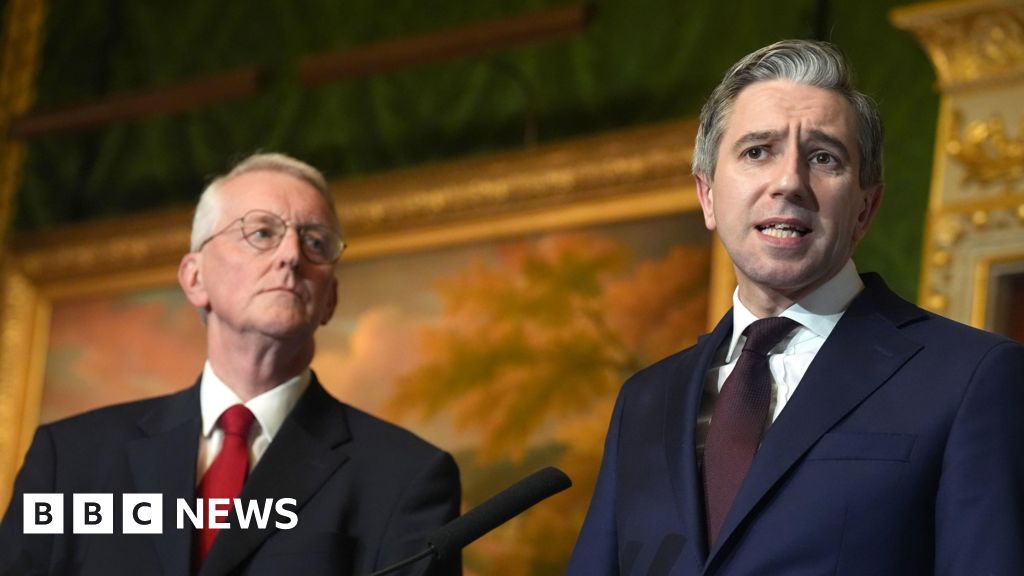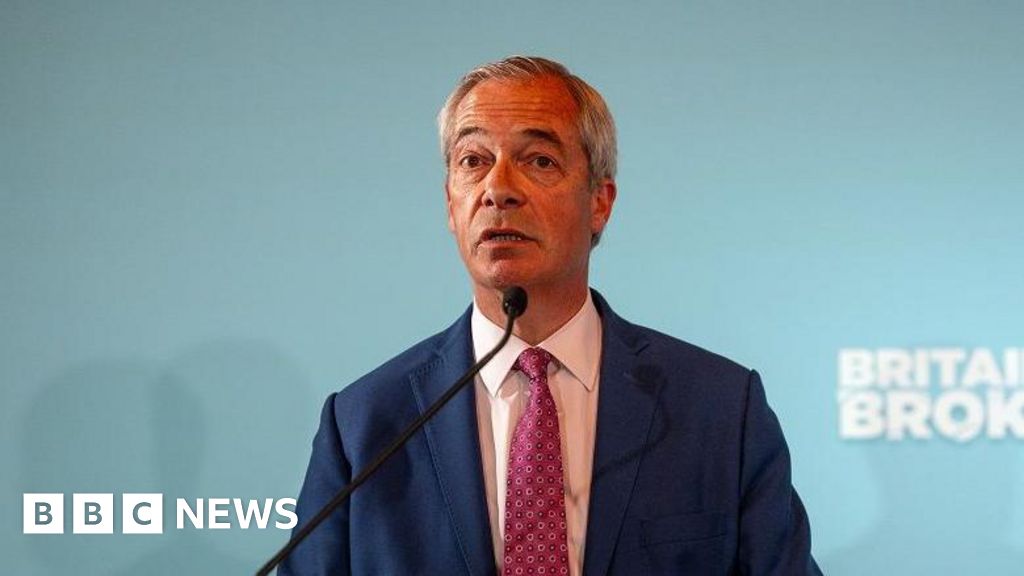ARTICLE AD BOX
By Jonathan Amos
BBC Science Correspondent
Image source, Reuters
Image caption,OneWeb uses Russian rockets to get its satellites into orbit
The UK government has been urged not to allow a rocket used by a company it part-owns to lift off from a Russian-run launch pad later this week.
A Soyuz rocket, carrying 36 satellites for the internet firm OneWeb is set to go up from the Baikonur Cosmodrome in Kazakhstan on Friday.
But Commons business committee chair Darren Jones called it inappropriate following Russia's invasion of Ukraine.
Asked to comment, the government said it was in conversation with OneWeb.
The company itself has made few public utterances on the topic.
UK taxpayers helped buy OneWeb out of bankruptcy in 2020 with a £400m stake.
This gave the Department of Business, Energy and Industrial Strategy (BEIS) a seat on the board of the resurrected company, and influence, Labour MP Mr Jones said.
"Much like the ask of BP and Shell, OneWeb should not be continuing to engage in commercial activities with Russian companies," he told BBC News.
"Ministers should be working with the OneWeb board to help secure this outcome as soon as possible."
OneWeb has just a handful of launches left to complete its network of 648 satellites.
All of the missions are booked on Russian Soyuz vehicles that are scheduled to fly out of Baikonur in the coming months. It's understood OneWeb has already paid for this rocket service.
With the existing spacecraft it has in orbit (428), the company can deliver broadband internet connections to locations above 50 degrees North, which includes business customers such as BT in the UK, but it needs those additional satellites if it wants to run a truly global service.
Regions important to the company's prospects, including Europe, Africa and Asia, would be left out.
Mr Jones' letter is addressed to science and space minister George Freeman. The Labour MP wants to know what the government - in its capacity as a major shareholder - is doing to help OneWeb find alternative rockets.
The problem for the company is there is currently very little lift capability available.
European rockets such as Ariane-5 or Ariane-6 are either already booked up, or not yet available. And, in any case, shifting to a different type of vehicle would require expensive and time-consuming re-engineering of the mechanism that holds the satellites on top of the Soyuz and ejects them in space at the required time.
The Russian space agency, Roscosmos, said the latest Soyuz, with its payload of 36 OneWeb satellites, would be transported to the Baikonur launch pad on Wednesday.
The launch is timed for 22:41 GMT on Friday (03:41 local, Saturday).

 3 years ago
55
3 years ago
55








 English (US) ·
English (US) ·